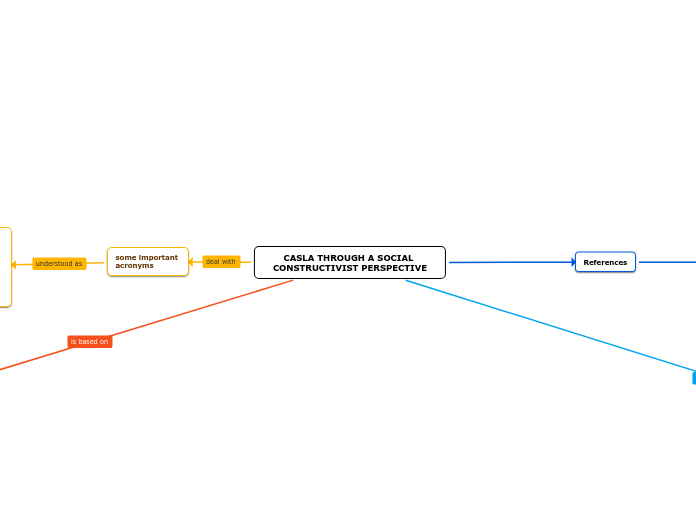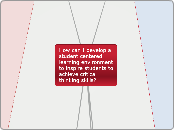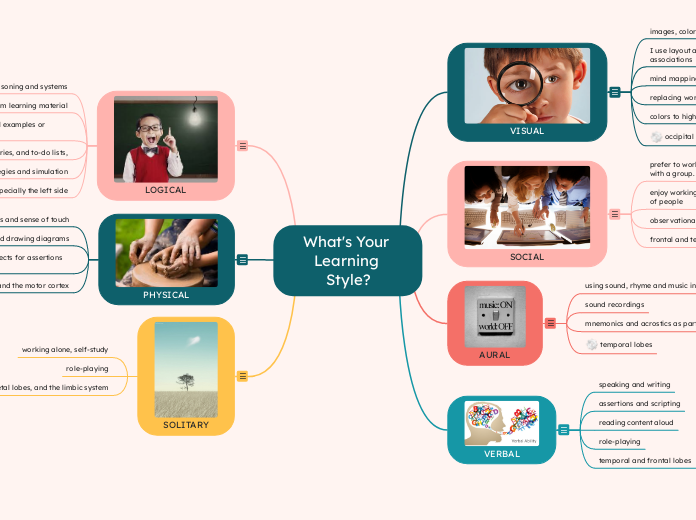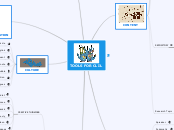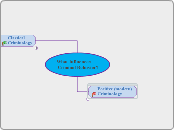Made by:
Sara Emily Salazar Carvajal
Jean Piaget
piaget_3. (2004). [Image]. From https://www.biografiasyvidas.com/biografia/p/piaget.htm
The term of squemata
Getty Images. (2019). GettyImages-1126484970-ee992b9c471340afb7f0634bd03fada9. [Image].
From https://www.thoughtco.com/schema-definition-4691768
a process
Somebody sense something
pay attention
recall information
active the adecquate schema
respond
The culture
how humans perceive the world
a pattern of thoughs or behaviors
categories of informarion
the relationships among them
"Individuals construct their knowledge through their interaction with their social and physical environment and by reflecting on their experiences." (Simina & Hammel, 2005)
CASLA THROUGH A SOCIAL CONSTRUCTIVIST PERSPECTIVE
A new project
WebQuest
Webquest. (n.d.). [Image].
From https://www.educaciontrespuntocero.com/convocatorias/ganadores-de-los-premios-a-las-mejores-webquest-educativas/
"An inquiry oriented activity in which some or all the information that learners interact with comes from the Internet" (Dodge, 1995)
a multimodal model
connect and engage students
contextualized language
and research tasks
"WebQuest use improves interaction, communication, critical thinking, knowledge application, social skills, scaffolded learning, higher order thinking skills and problem-solving skills" (Aydin, 2016)
CALL environment
iStock. (2017). 862739386. [Image].
From https://www.istockphoto.com/es/vector/dibujos-animados-de-ordenador-moderno-gm862739386-143196107
an strategy of learning
that provides
Modified interaction between learner and computer
Opportunity for noticing errors
Opportunity for focus
in
meaning
semantics and pragmatic
social aspect of learning
structure
Linguistics
cognitive aspect of learning
Plenty of ideal input/outp
SLA
Hennebry, M. (2021). file-20210421-15-pxc36j. [Image].
From https://theconversation.com/es/topics/second-language-acquisition-20240
some conditions
as
Output
what they produce
speaking
and writing
Input
what learners
are exposed to
what they receive
reading and listening
known as
Four skills of
communicative
competence
how learners create a new language system
several factors converge
Social Constructivism
Ideal characteristics
that fosters
Collaborative learning
Situated leraning or cognition
Cognitive apprenticeship
Knowledge is construted
with prior information
Student has prior knowledge of L2
His/her L1
This gives a global idea of L2
Universal Grammar
Cultural Capital
the skillis, education,
norms and behaviuos
members of a social group
can give economic
and other advantages
resources to learn
another language
some important
acronyms
CASLA: Computer Applications in Second Language Acquisition.
SLA: Second Language Acquisition.
CALL: Computer Assisted Language Learning.
ZPD: Zone of proxime development.
L1: Mother tongue.
L2: Second language.
A paradigm
in which
Second language learners
Computer technology
Haneefa, M. (2018). istockphoto-966276422-612x612. [Image]. From https://www.istockphoto.com/es/foto/dispositivos-de-redes-de-computadoras-tecnolog%C3%ADa-de-internet-gm966276422-263651998
this is supported by
Several theories
such as
Social construtivism
An approach
Two theorical frameworks
Knwoledge is created
by
Social aspect
Unir (n.d.). trabajosocial-01-3-1. [Image].
From https://www.unir.net/ciencias-sociales/revista/historia-trabajo-social/
Social interaction as essential
in the construction of knowledge
Cognitive aspect
Bigstock. (n.d.). 11863580. [Image].
From https://www.health.harvard.edu/mind-and-mood/a-guide-to-cognitive-fitness
The experiences are
the base of learning
its representative
Lev Vigotsky
Regader, B. (2021). bigstock-Brain-Function-with-gears-and--11863580_293x287. [Image].
From https://psicologiaymente.com/desarrollo/teoria-sociocultural-lev-vygotsky
"Cognitive operations originate in social
interactions and emphasized the role of language and culture in cognitive development as frameworks through which humans experience, communicate and understand reality." (Simina & Hammel, 2005)
ZPD
embrace
what I can learn on my own
what I can learn with help
beyond my reach
as an example
Technology tools
Knowledge other
The distance between
what a person know
what he/she does not know
Scaffolding
the activities provided by the
educator to support the student
culture and context
Constructivism
its biggest contributor
A more individual focus
People construct knowledge by their own
Learners become
a centre of learning
people with
prior knowledge
William, G. (2013). 1413240879. [Image].
From https://tanyaanddanacomprehension.weebly.com/activating-prior-knowledge-making-connections.html
References
Simina, V., & Hamel, M. J. (2005). CASLA through a social constructivist perspective: WebQuest in project-driven language learning. ReCALL, 17(2), 217-228.
Dodge, B. (1995) Some thoughts about WebQuests. http://edweb.sdsu.edu/courses/edtec596/
about_webquests.html
Aydin, S. (2016). WebQuests as language-learning tools. Computer Assisted Language Learning, 29(4), 765-778.
